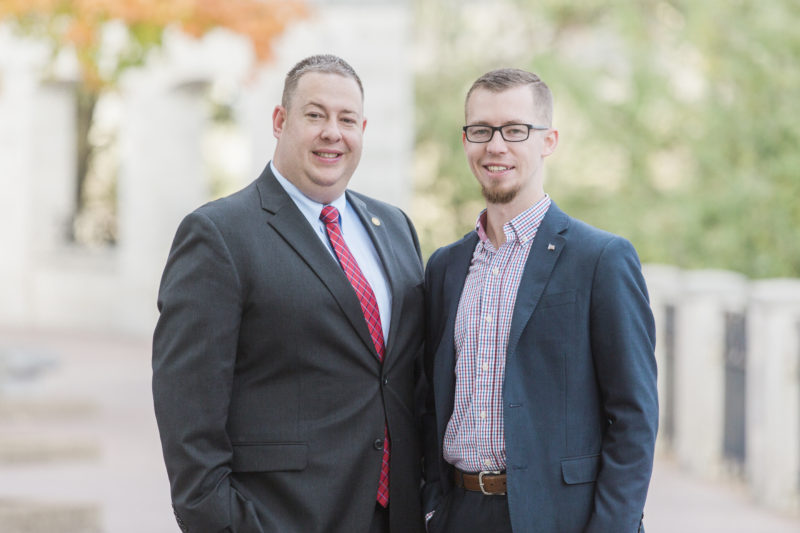JEFFERSON CITY, Mo. – Due to newly implemented campaign contribution laws passed during the November election, fundraising efforts for state candidates adapt to adhere to the new parameters that have been set.
On April 3, 2017, the fundraising quarter for candidates will cease as local government prepares for the 2018 election process. According to the Missouri Ethics Commission, no corporation or labor organization may directly contribute to a candidate’s campaign on a statewide level. The law also limits the amount of money that can be accepted as a donation and how much can be donated.
This has proven to be a complicated shift for campaign committees as they find new ways collect the funds needed to finance their candidate’s election campaign.
Regarding whether campaign contribution limits have helped or hindered local and state government, established St. Louis Democratic fundraiser Angela Bingaman said she thinks it’s a learning curve at this point.
“There’s still a lot to be learned from Amendment 2. Even though it went into effect on December 8, 2016, the Missouri Ethics Commission did not publish any opinions regarding Amendment 2 until February 10, 2017,” Bingaman said. “Right now, it is a lot of learning while we fundraise. So I wouldn’t say it’s a help or hindrance at this point, it’s more of a learning process.”
This leaves candidates and their campaign staff in a difficult position, simultaneously trying to fundraise as much as possible under the law as well as trying to interpret what is and what is not permissible within the law.

With the fundraising quarter coming to an end, the new contribution laws could very well be putting campaign committees and fundraisers under tremendous stress as they race to gain as much money as is needed. The constrictions have not only made circumstances in gaining the funds more imperative but has also forced candidates to refocus themselves.
“I think this new law makes candidates focus on their local dollars,” Jonathan Ratliff of Palm Strategic said. “A lot of times when a candidate first gets elected they focus a lot on the dollars that are local to the community but once they get elected statewide it’s a lot easier to raise money from lobbyists. So I think what this does is make our candidates refocus their efforts where it should be, back to raising money from their district.”
While there are some benefits to the new contribution law, at this time they remain more of a problem as details within the law stay vague relating to what’s permissible. With the Missouri Ethics Commission just recently releasing their opinions on it, their implementation of Amendment 2 still shows little signs of clarity.
“I think there’s a lot of questions you can call any given day and get two different answers on and that’s a big problem,” Ratliff said. “I think any time elected officials are able to be held more accountable is a great thing but I think the reality is money’s going to get to a race one way or another and the current Amendment 2 creates a situation that is not accountable. It does not accomplish what the voters anticipated which is not a good thing.”








